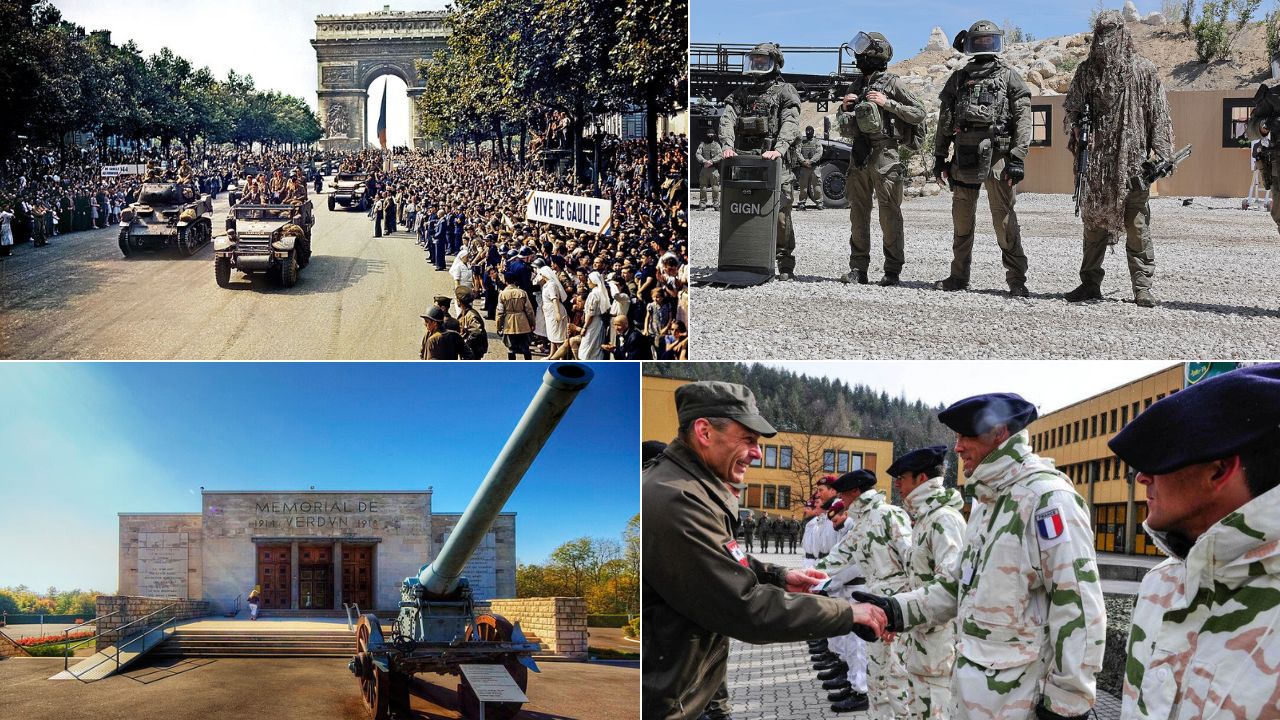You admire leaders who carry pressure without blinking. Yet some storied U.S. generals saw careers end not with parades, but with courtrooms, resignations, or quiet cuts in rank. What follows isn’t gossip; it’s a look at how judgment, ethics, and the boundaries between soldiers and civilians decide who keeps command. You’ll see treason exposed, strategy colliding with policy, and private choices turning into public consequences. Read it for history, and for lessons any leader can use when power, principle, and ego compete.
Benedict Arnold
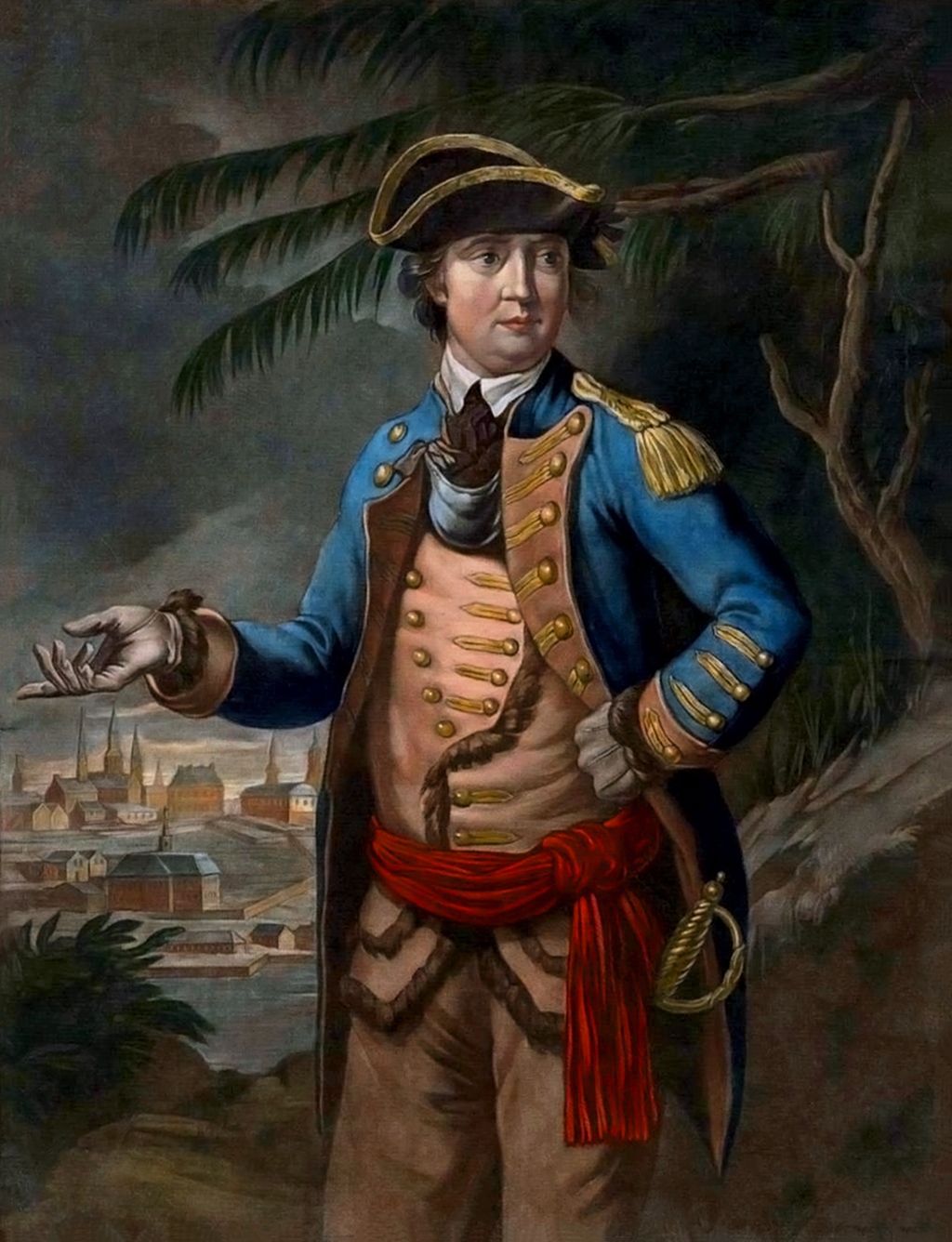
You feel the ground shift at West Point where loyalty broke. In Sept. 1780, Benedict Arnold arranged to hand the fort to the British; his courier, Major John André, was seized with plans and hanged as a spy on Oct. 2, while Arnold escaped to British lines and took a commission. The speed of that turn erased years of American service, and his name still reads like a caution sign about ambition, debt, and wounded pride colliding with national duty.
James Wilkinson
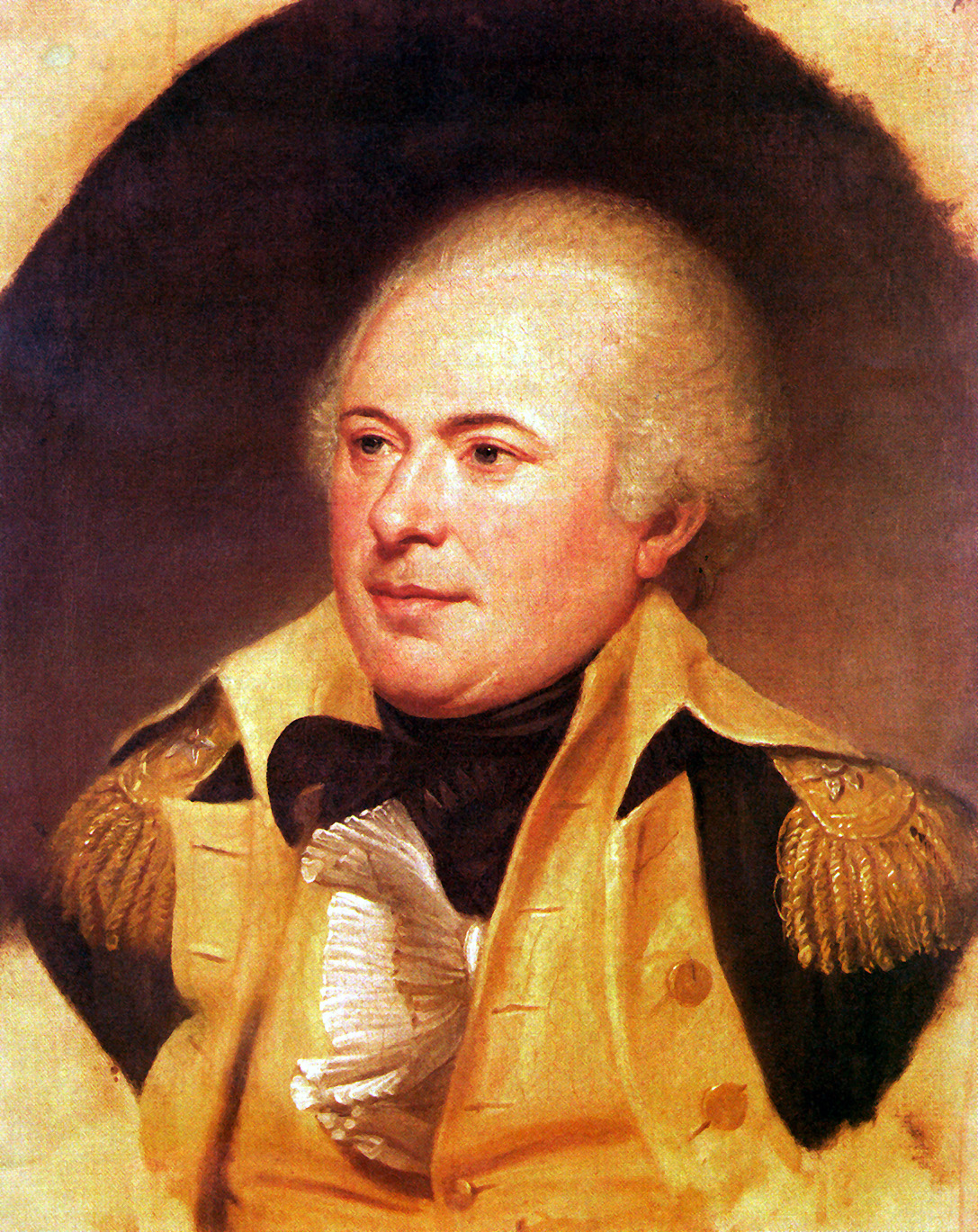
You meet a general who played both sides and almost got away with it. James Wilkinson twice led the U.S. Army while secretly serving Spain as Agent 13, a role documented in Spanish archives decades later that confirmed coded reports and payments. He traded influence for favor and moved through Washington with a careful smile, reminding you that distance, politics, and secrecy once hid divided loyalties that would end a career in a day now.
William Hull
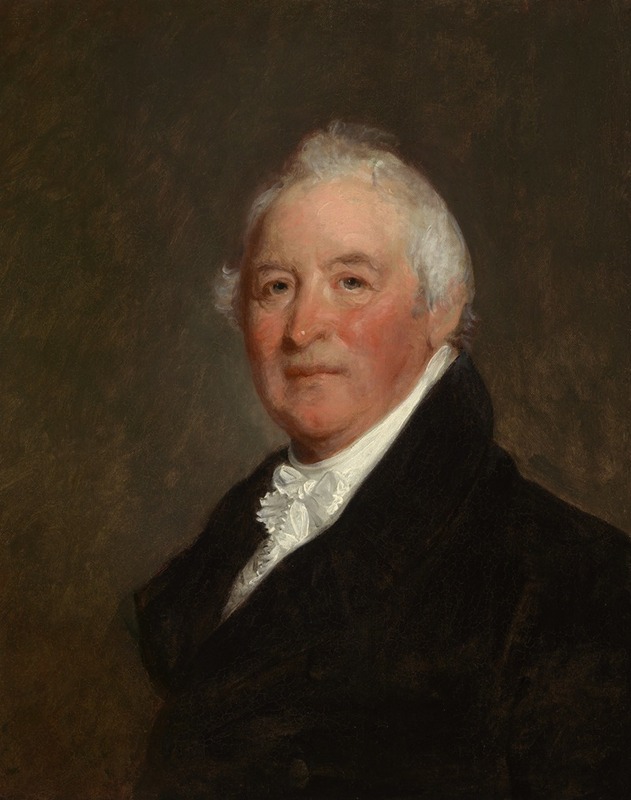
You stand at Detroit and feel the weight that cracked a veteran. In Aug. 1812, with supplies thin and militia confidence low, General William Hull surrendered the post to a smaller British and Indigenous force; in 1814 a court martial convicted him of cowardice and neglect, then President Madison remitted the death sentence in view of prior service. One fearful decision overshadowed decades of competent work and became the line history remembers.
Fitz John Porter
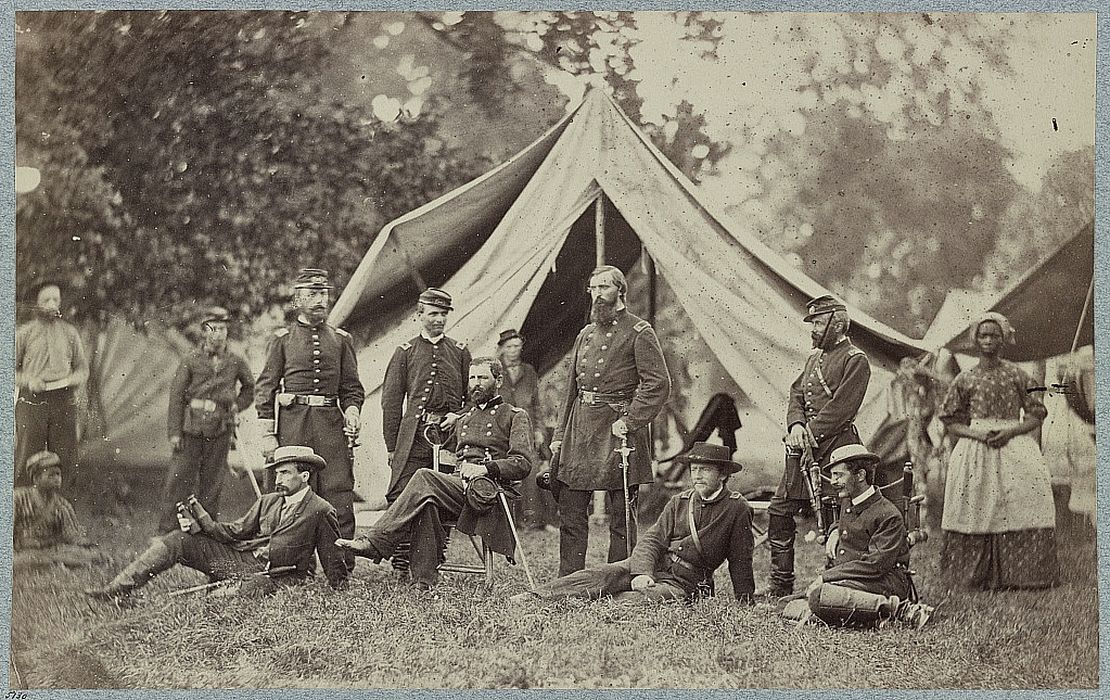
You watch judgment bend with politics, then inch back toward truth. After Second Bull Run, Fitz John Porter was convicted in 1863 of disobeying orders under General Pope and cashiered from the service; years later the Schofield Board reexamined testimony and maps, judged his caution justified, and Congress in 1886 restored him to the rolls with an honorary rank. Vindication arrived, but the lost years, missed promotions, and public doubt could not be returned.
Billy Mitchell

You hear a voice that wouldn’t soften, even when it cost him. In 1925, Brig. Gen. Billy Mitchell condemned Army and Navy leaders for neglecting aviation, was court martialed for insubordination, and suspended for five years without pay; he resigned in 1926 rather than sit quiet. Time proved much of his vision right, but the way he drove it forward showed how message, method, and respect for the chain of command decide whether a reformer keeps a command.
Douglas MacArthur
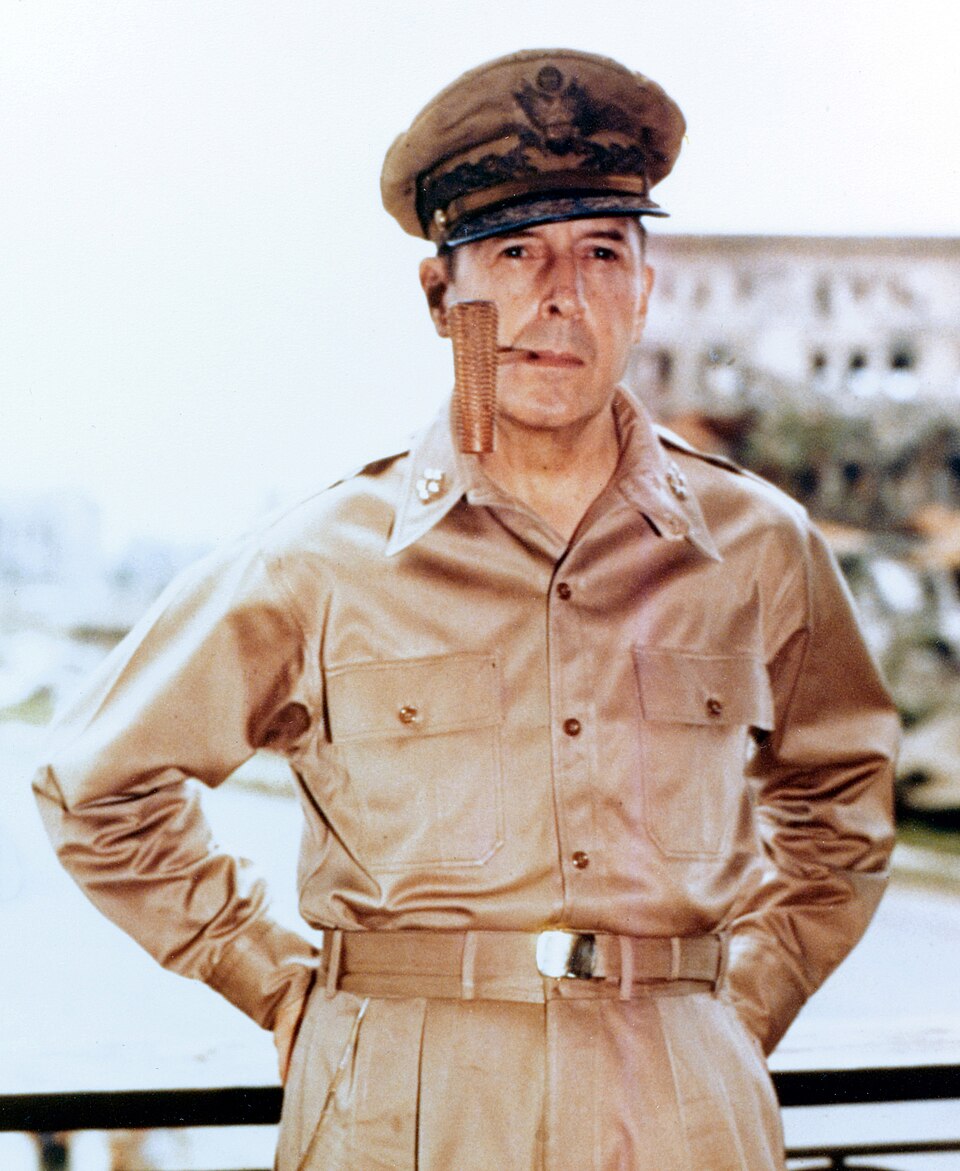
You see the line between battlefield judgment and national policy. During the Korean War, General Douglas MacArthur publicly contradicted administration strategy and pressed beyond limited war aims; on Apr. 11, 1951, President Truman relieved him and sent the clearest signal of civilian control in modern U.S. history. The shock faded, but the lesson still guides you in every crisis: generals advise, elected leaders decide, and public messaging matters.
Janis Karpinski

You face the hard math of command responsibility. After Abu Ghraib’s abuses surfaced, Brig. Gen. Janis Karpinski was relieved and, in May 2005, reduced to colonel for dereliction of duty and for concealing an earlier shoplifting case recorded by investigators; she maintained she was scapegoated and challenged the findings. The demotion stood as the scandal’s highest ranking penalty and a reminder that oversight failures are judged as harshly as personal misconduct.
Stanley McChrystal
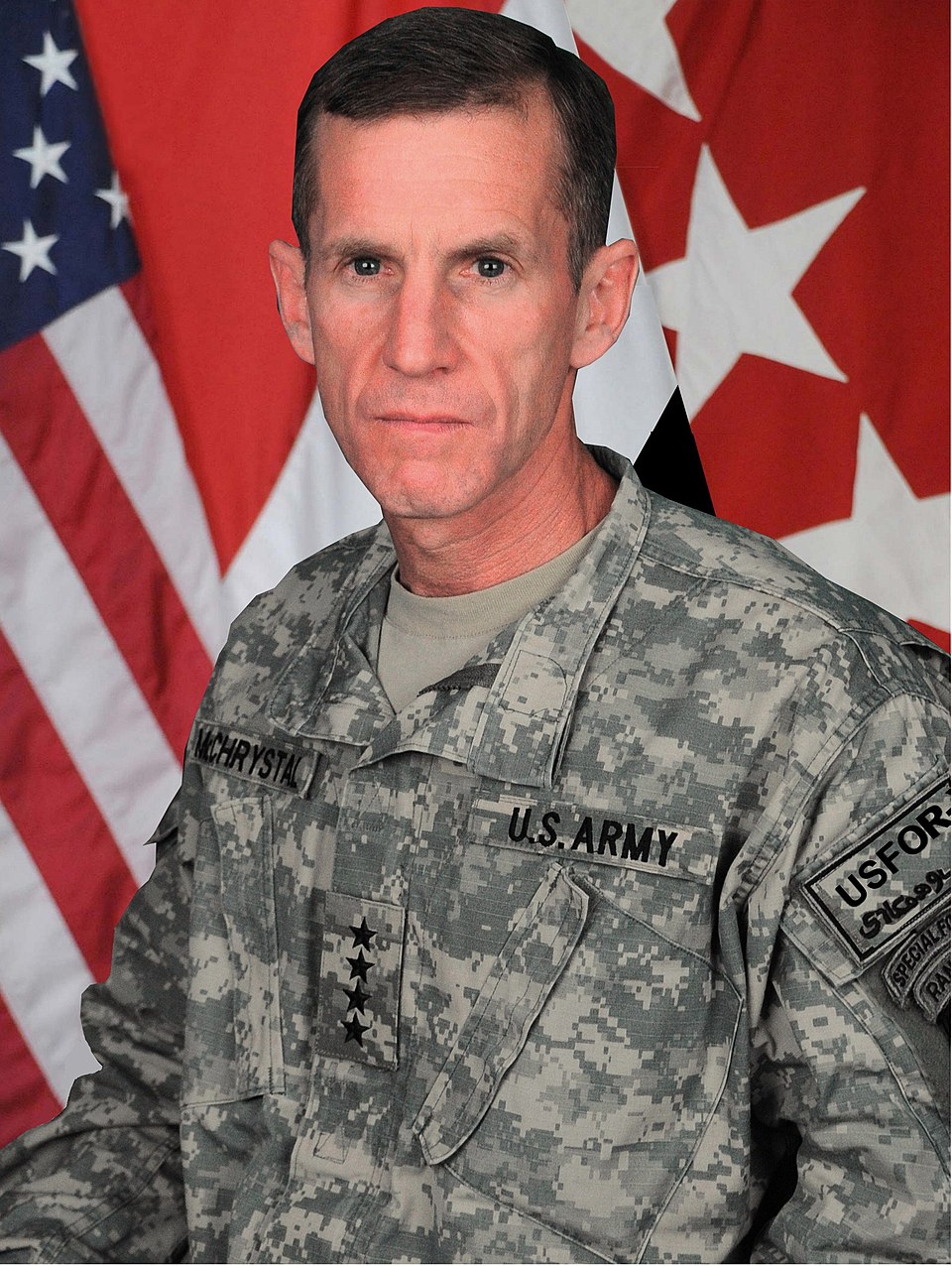
You witness how a few words can end a command. After Rolling Stone published a profile quoting Gen. Stanley McChrystal’s team mocking senior civilians, the president accepted his resignation on June 23, 2010 and tapped David Petraeus to replace him, keeping the mission on track and the strategy intact. The takeaway is blunt and useful anywhere: argue policy in the room, protect the chain in public, and remember that staff culture will become your signature.

